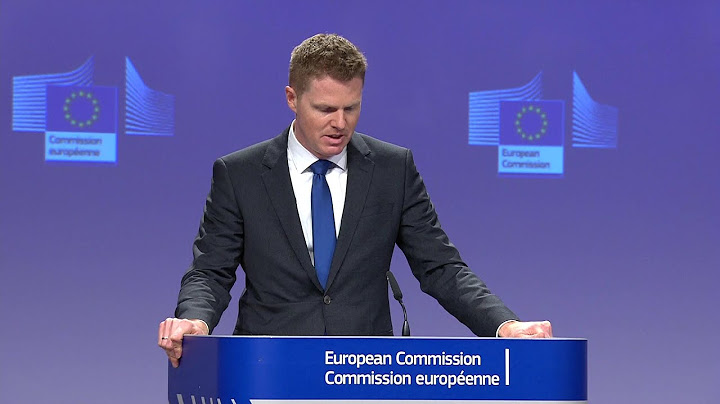EU Companies Losses €100bn in Russia

EU Companies Losses €100bn in Russia
EU Companies Losses €100bn in Russia

Tens of Billions: The Losses of Western Business in Russia
The losses incurred by Western businesses in Russia are reaching staggering figures, amounting to tens of billions of dollars. The economic impact on these companies has been severe, prompting concerns and raising questions about the business environment in Russia.

European Companies Report Over €100bn in Losses from Operations in Russia: Financial Times Analysis
A recent analysis by the Financial Times divulges that at least €100bn in direct losses have been incurred by European companies from their operations in Russia since last year. Below are the main points highlighted in this Financial Times article.

Survey Findings
- A survey of 600 European groups’ annual reports and 2023 financial statements indicate that European companies have experienced asset impairments, foreign exchange-related charges, and other one-off expenses.
- 176 companies have suffered a loss due to the sale, closure, or reduction of their Russian businesses.
- The aggregate figure does not account for the indirect macroeconomic impacts of the war, such as higher energy and commodities prices.
- More than 50% of the 1,871 European-owned entities in Russia before the war continue to operate in Russia.
- Companies still operating in Russia include Italy’s UniCredit, Austria’s Raiffeisen, Switzerland’s Nestlé, and the UK’s Unilever.

YTD Losses for Specific Companies
- Top three oil and gas groups, BP, Shell, and TotalEnergies, combined for €40.6bn in charges.
- Financial companies, including banks, insurers, and investment firms, have recorded €17.5bn in writedowns and other charges.
- BP confirmed plans of selling its 19.75% stake in state-owned oil group Rosneft following a $25.5bn charge.
- Renault and Volkswagen write-off in May, selling their Moscow plants and stakes in Russia’s Avtovaz; Renault took a €2.3bn hit, while VW reported a €2bn writedown.
- Wintershall Dea suffered a €2bn loss after the Kremlin expropriated their Russia business, and in turn, Wintershall’s owner BASF wrote down its stake by €6.5bn.
- The Financial Times proposed that Moscow’s move to seize control of businesses of gas importers Fortum and Uniper could depict or symbolize future losses for European companies.

Indirect Macroeconomic Impacts
- Higher oil and gas prices resulted in bumper aggregate profits of close to €95bn ($104bn) for oil and gas groups last year.
- Constraints imposed by Moscow are some of the factors hindering some western banks from exiting Russia.
- Raiffeisen still holds the position of the largest western bank in Russia and has taken writedowns and other charges of €1bn.
- UniCredit has committed to finding a buyer for its local business and reported a €1.3bn loss, while Italy’s Intesa Sanpaolo took a €1.4bn charge.
- The war’s indirect macroeconomic impacts although not included in the €100bn direct losses estimate, continue to affect European companies operating in Russia.
